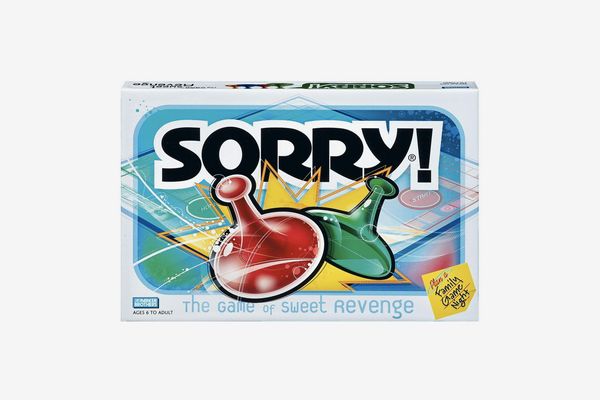The Ultimate Guide to Choosing the Best Board Games for Kids
The Ultimate Guide to Choosing the Best Board Games for Kids
Blog Article
The Ultimate Guide to Choosing the Best Board Games for Kids
Board games have long been a selection of family leisure, giving opportunities for social interaction, proper thinking, and creativity. With numerous options available, choosing the best kids games could be a complicated task. This information outlines important factors to think about when selecting the best board games to make sure equally enjoyment and developing benefits.

Age Appropriateness
Among the first considerations when selecting a board game is age the youngsters who will undoubtedly be playing. Board games in many cases are designed with particular age ranges in mind, taking into account the cognitive and cultural abilities typical of these ages. Search for era recommendations on the packaging or solution description to make sure that the game suits your child's developmental stage. Games made for younger children frequently function easier rules and smaller playtimes, while those for older children might include more complex techniques and longer durations.
Educational Price
Many board games offer educational advantages, helping kiddies build essential skills while having fun. When choosing a casino game, consider what abilities it promotes—be it important considering, mathematics, examining, or cultural interaction. Activities that include counting, punctuation, or strategy may enhance classroom learning in a playful environment. Parents and teachers often appreciate games that mixture leisure with learning, creating them a good selection for equally play and educational reinforcement.
Class Measurement and Interaction
Board games vary considerably with regards to the amount of people they accommodate. Some games were created for two participants, while the others may require large groups. Consider the typical playgroup measurement when selecting a game. If you usually variety events or family sport days, search for games that may accommodate more players to encourage interaction and teamwork. Furthermore, examine the degree of cooperation versus competition within the game. Supportive games, wherever participants come together toward a standard purpose, may foster teamwork and communication abilities, while aggressive games can train healthy competition.
Play and Complexity
The length of gameplay may significantly affect your family's enjoyment. Some children have smaller attention spans, creating fast activities more desirable, while the others may possibly succeed in longer, more immersive experiences. Assess the average play suggested on the box and contemplate your children's preferences. Complexity is still another crucial factor; younger young ones may benefit from easier rules, while teenagers might enjoy the challenge of more complicated mechanics.
Themes and Pursuits
Children tend to be drawn to games that align making use of their passions, whether that is imagination, experience, or history. Choosing a game title with a design that resonates with your son or daughter can improve their diamond and enjoyment. Search through the game's parts, graphics, and storyline to ensure it reflects their imagination.

Conclusion
Picking the best board games for kids requires a careful concern of age appropriateness, academic price, class character, play, difficulty, and particular interests. By keeping these facets in your mind, you can make games that not merely entertain but in addition subscribe to your child's progress and foster beloved family memories. With the best board games , family game nights may become a well liked tradition full of laughter and learning. Report this page